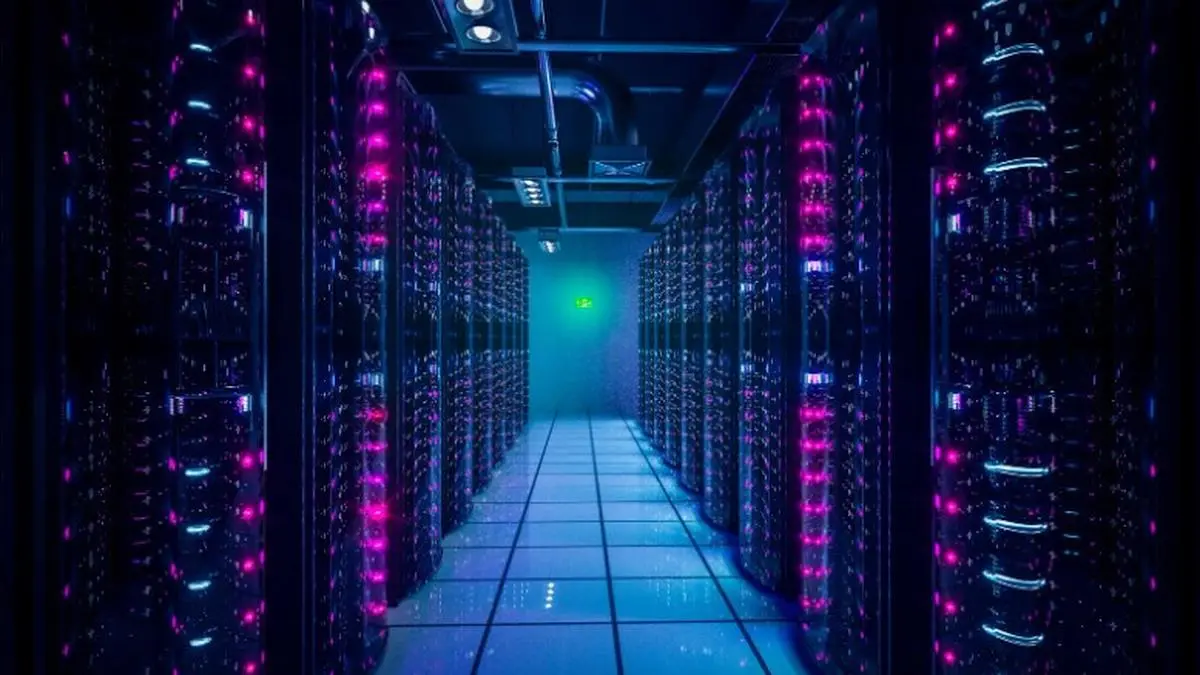India's Mental Health Challenge: How Tech Can Offer a Lifeline
2025-05-08

Forbes
India faces a growing mental health crisis, often silent and overlooked. Limited access to care, societal stigma, and a shortage of qualified professionals contribute to the problem. But there's hope. Technology is emerging as a powerful tool to bridge this gap, bringing mental health support to those who need it most.
The Scale of the Problem
The statistics are concerning. According to the National Mental Health Survey, a significant portion of India's population struggles with mental health issues, yet only a fraction receive adequate treatment. Factors like poverty, lack of awareness, and geographical barriers exacerbate the situation, particularly in rural areas. Traditional mental healthcare models often prove insufficient to meet the vast and diverse needs of the nation.
Technology to the Rescue
Fortunately, technology offers a pathway towards more accessible and affordable mental healthcare. Here's how:
- Teletherapy & Online Counselling: Platforms connecting individuals with therapists via video calls or messaging are breaking down geographical barriers and offering convenience. This is especially crucial for those in remote areas or with mobility issues.
- Mental Wellness Apps: A plethora of apps provide tools for self-assessment, mindfulness exercises, mood tracking, and stress management. These can act as a first line of support and empower users to take control of their mental wellbeing.
- AI-Powered Chatbots: AI chatbots can provide immediate support, answer basic questions, and guide users towards appropriate resources. While not a replacement for human interaction, they can offer a valuable layer of assistance, especially in crisis situations.
- Wearable Technology: Devices like smartwatches can monitor physiological data (heart rate, sleep patterns) that can be indicative of mental health conditions, allowing for early intervention.
- Virtual Reality (VR) Therapy: VR is being increasingly used to treat anxiety disorders, PTSD, and phobias by creating immersive and controlled therapeutic environments.
Empowering Families & Improving Outcomes
The benefits extend beyond individual users. Technology can empower families to better understand and support loved ones struggling with mental health issues. It can also improve outcomes for children and adolescents, who are particularly vulnerable. Early intervention and access to age-appropriate support can significantly impact their development and future wellbeing.
Challenges & Considerations
While the potential is immense, challenges remain. Digital literacy, affordability of devices and internet access, data privacy concerns, and the need for culturally sensitive content are crucial considerations. Furthermore, it's vital to ensure that technology complements, rather than replaces, traditional mental healthcare services. Training mental health professionals to effectively utilize these tools is also essential.
A Future of Accessible Mental Healthcare
By embracing technology thoughtfully and addressing these challenges, India can move towards a future where mental health care is as accessible, personalized, and proactive as physical health care. It's a future where seeking help is destigmatized, and everyone has the opportunity to thrive mentally and emotionally. This requires a collaborative effort involving government, healthcare providers, technology companies, and communities working together to build a more supportive and resilient nation.





